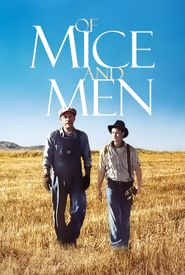John Steinbeck was born to John Ernst and Olive Hamilton Steinbeck, his father being the County Treasurer and his mother a former schoolteacher. He was the only son among his four siblings. Steinbeck graduated from Salinas High School in 1919 and later attended Stanford University, but he left in 1925 without a degree. He then worked in various jobs, including as a sales clerk, farm laborer, ranch hand, and factory worker.
In 1925, Steinbeck traveled from Los Angeles to New York by freight, where he worked as a construction worker. From 1926 to 1928, he was a caretaker in Lake Tahoe, California. His first novel, "Cup of Gold," was published in 1929.
During the 1930s, Steinbeck wrote most of his famous novels, including "To a God Unknown," "Tortilla Flat," "In Dubious Battle," "Of Mice and Men," and "The Grapes of Wrath," which won the Pulitzer Prize. In 1941, he moved to New York City with his second wife, a singer, and they had two sons, Thom and John IV.
Tragedy struck in 1948 when his close friend Ed Ricketts died, and Steinbeck went through a divorce. He took a tour of Russia and was elected to the American Academy of Arts and Letters. He wrote the screenplay for "Viva Zapata!" in 1952, and 17 of his works have been adapted into movies.
Steinbeck received three Academy Award nominations and was awarded the Nobel Prize for Literature in 1962. He was also awarded the United States Medal of Freedom by President Lyndon B. Johnson in 1964. Steinbeck was commemorated on a U.S. postage stamp on what would have been his 75th birthday.

































